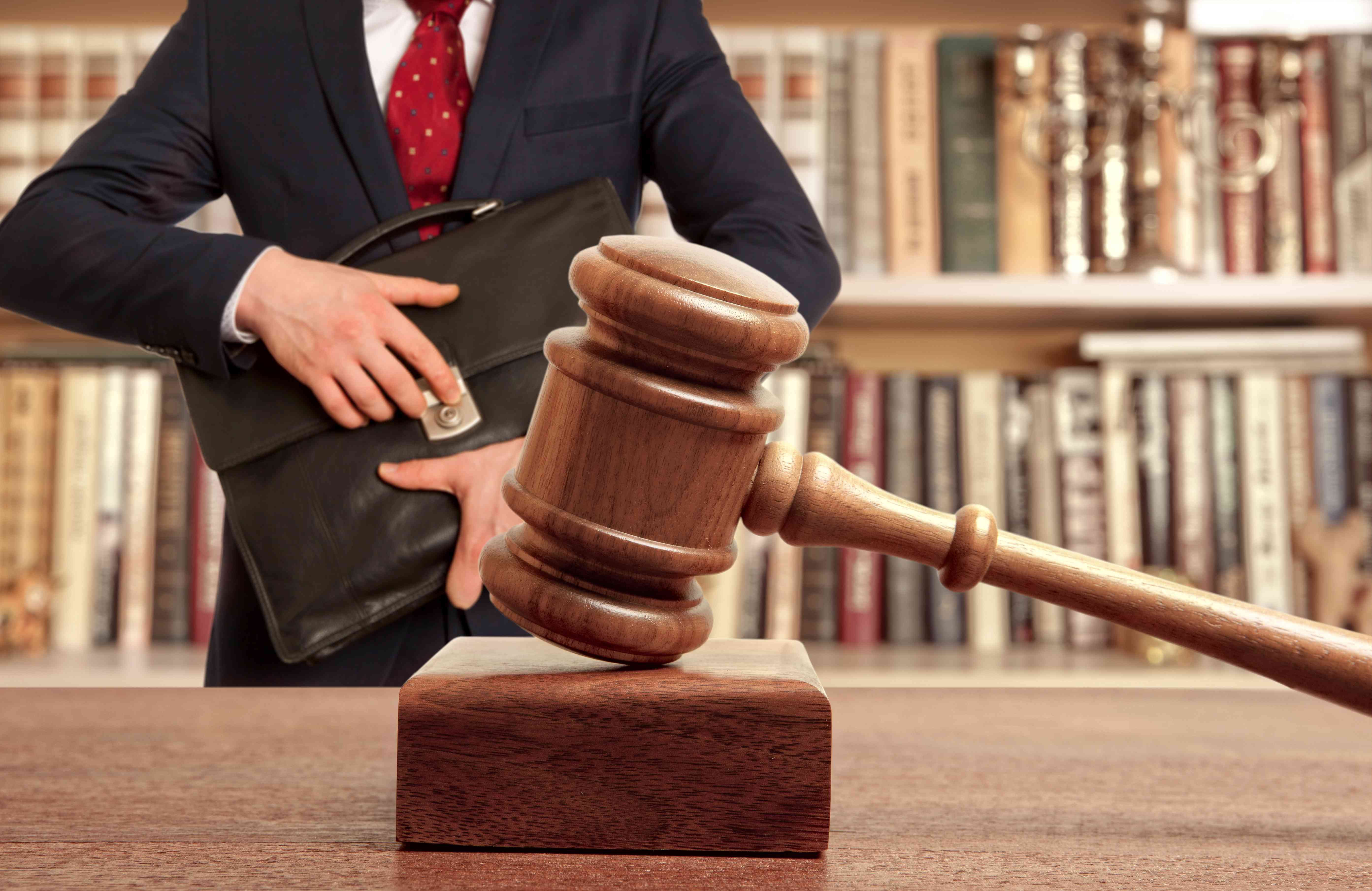 In criminal offenses, the defense of automatism may be available when accused parties commit a crime but had the lack of control over their actions. In this case, the defendant may have been provoked, deluded, incapacitated, or mentally disabled. To establish the defense, the accused will need to show that they acted without conscious control or awareness.
In criminal offenses, the defense of automatism may be available when accused parties commit a crime but had the lack of control over their actions. In this case, the defendant may have been provoked, deluded, incapacitated, or mentally disabled. To establish the defense, the accused will need to show that they acted without conscious control or awareness.
Criminal defense attorneys in Jacksonville, IL note that accused claiming automatism should be in a state of mind where they didn’t know what they were doing or cannot understand that their actions were wrong or against the law. In other words, the defendants commit the action involuntarily or without criminal intent.
Lack of Consciousness
Automatism defense revolves around the concept that other factors, which are beyond the accused’s control, caused them to commit the offense. Factors may be environmental and psychological causes, like insanity, which may prove that the accused cannot be held responsible. Other examples include involuntary intoxication, sleepwalking, epileptic state, or brain disease.
Justification of Defense
For this defense to the justified, the lack of conscious control or state of unconsciousness should not be self-induced. It should be unavoidable or completely unpredictable or controllable. It is important to keep in mind that this defense is not justified when unconsciousness was foreseen, avoidable, or self-induced. The defense, furthermore, may not be justified if unconsciousness is from voluntary actions like use of drugs or alcohol.
Insane vs. Non-Insane Automatism
Automatism shares similarities with an insanity defense, so some courts consider it as a specie of insanity defense. Many also distinguish insane automatism and non-insane counterpart. For the former, the court refers the defendant to psychiatric care, while the latter acquits the defendant or orders more lenient charges.
When using this defense, it is best to have a criminal defense attorney. This is because automatism is difficult to prove in trial. The right lawyer will know the certain laws in the state and determine if automatism is applicable. They can also help develop the claim of automatism or build a more applicable defense for the action.
